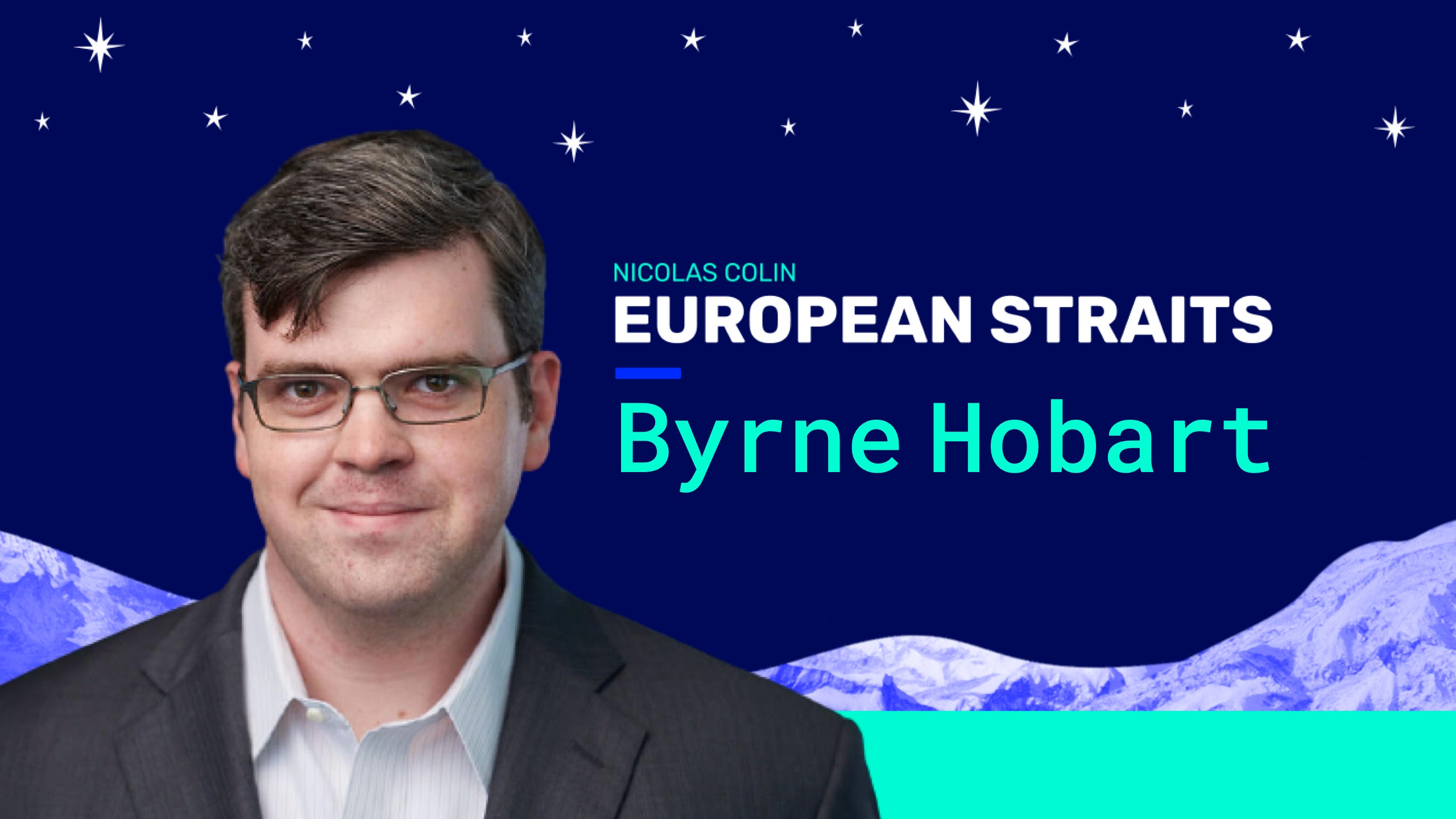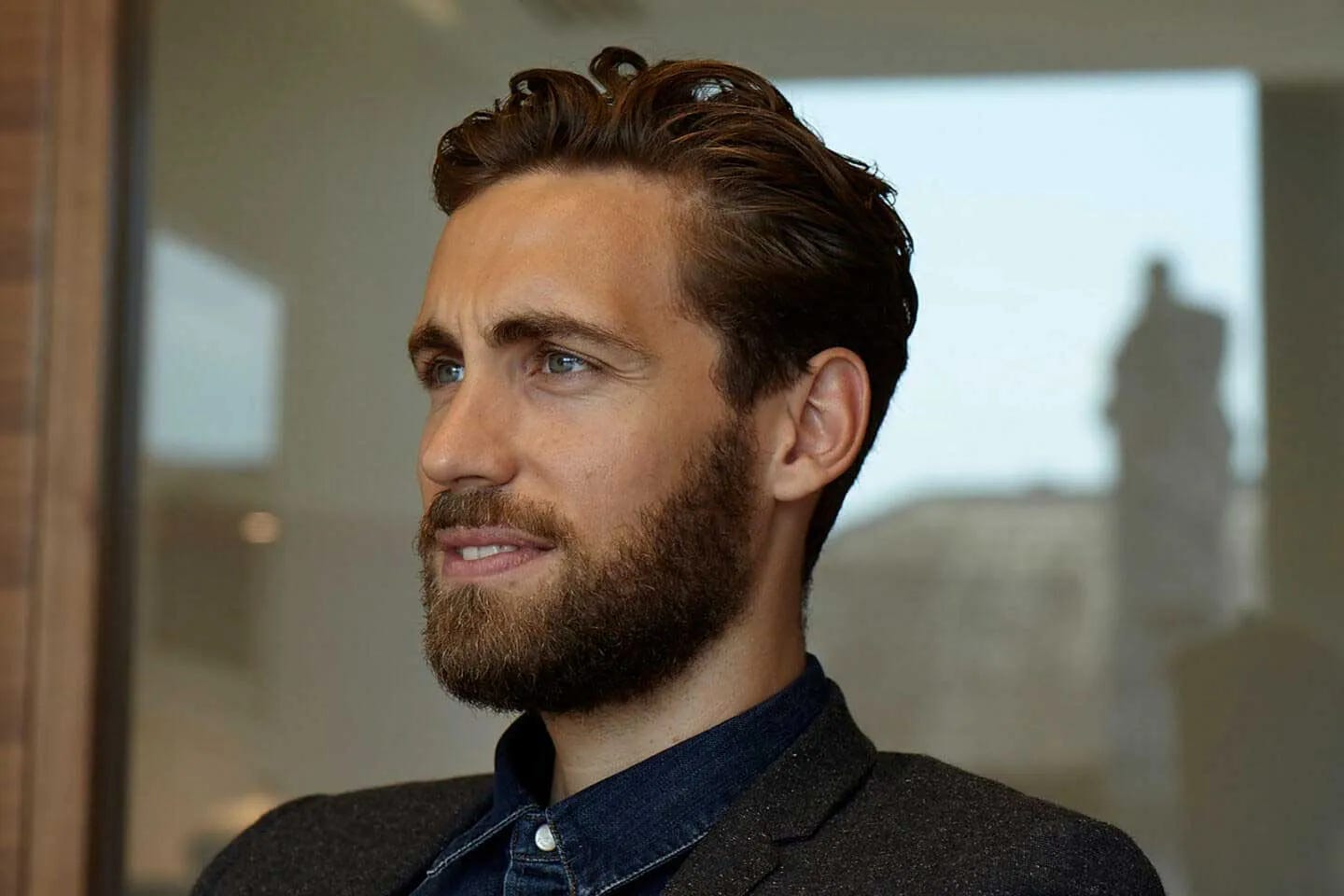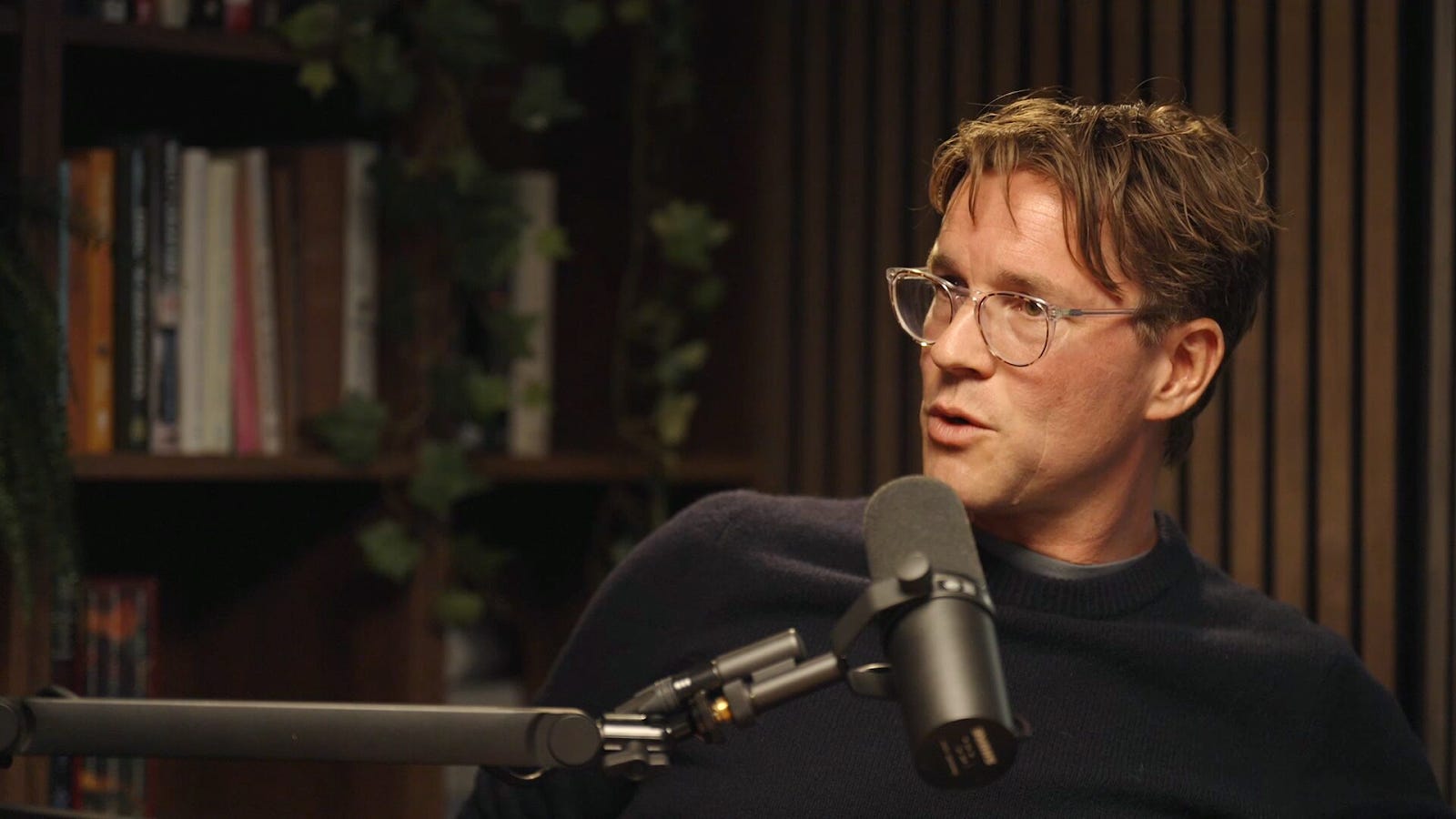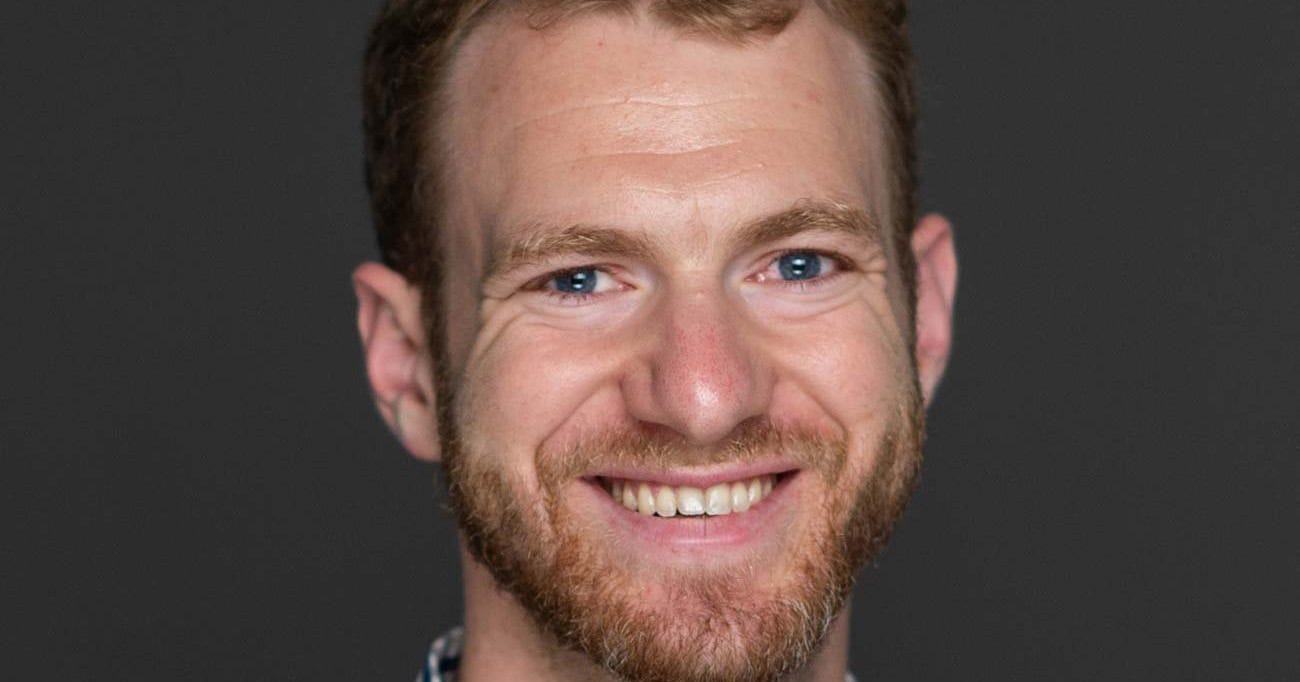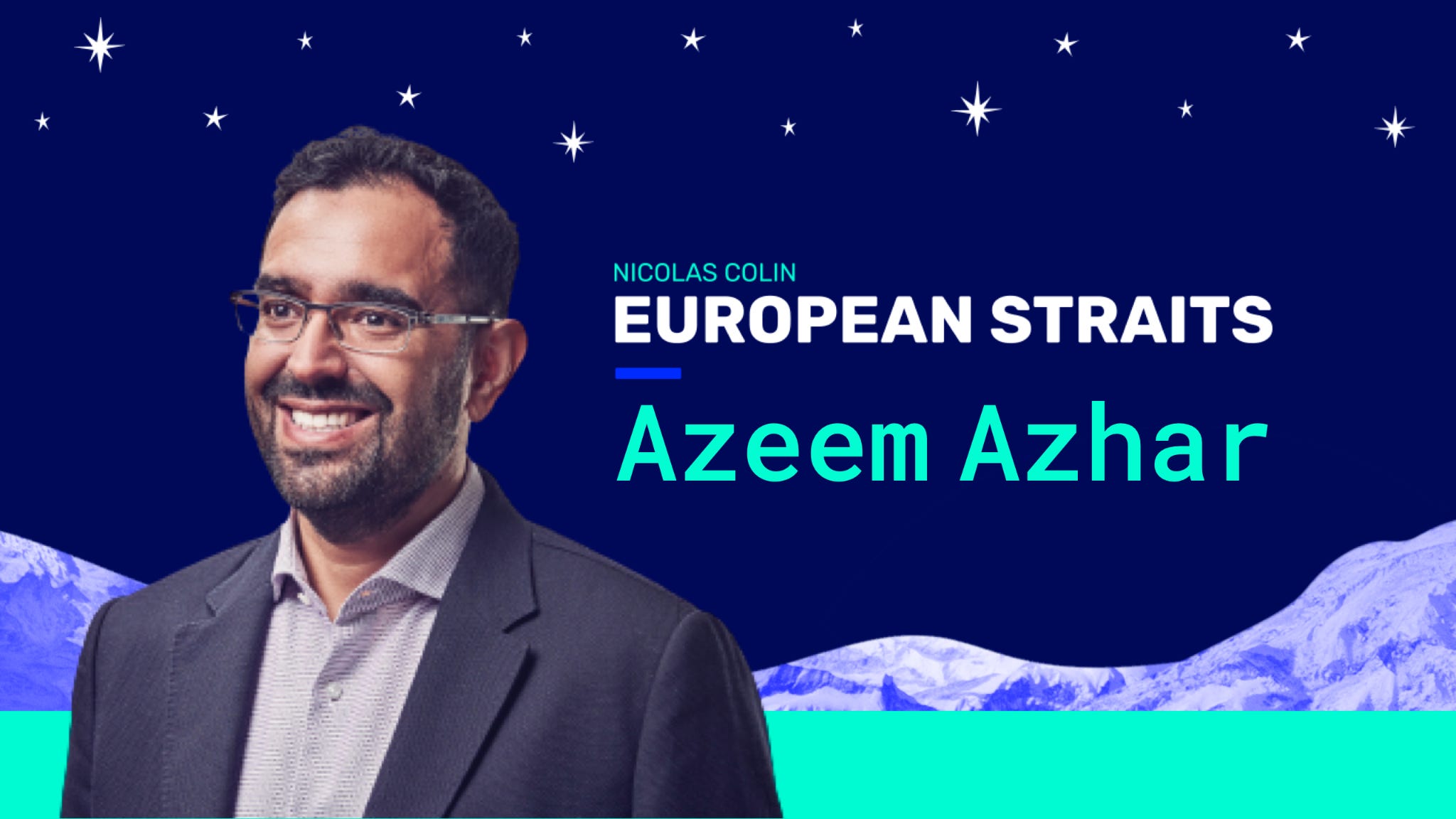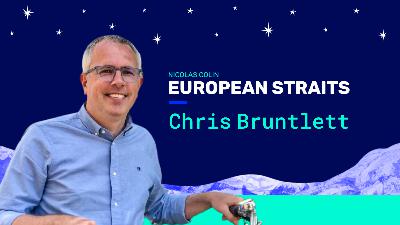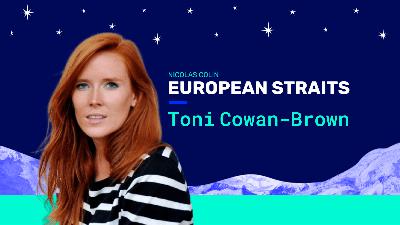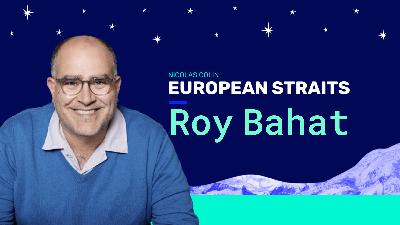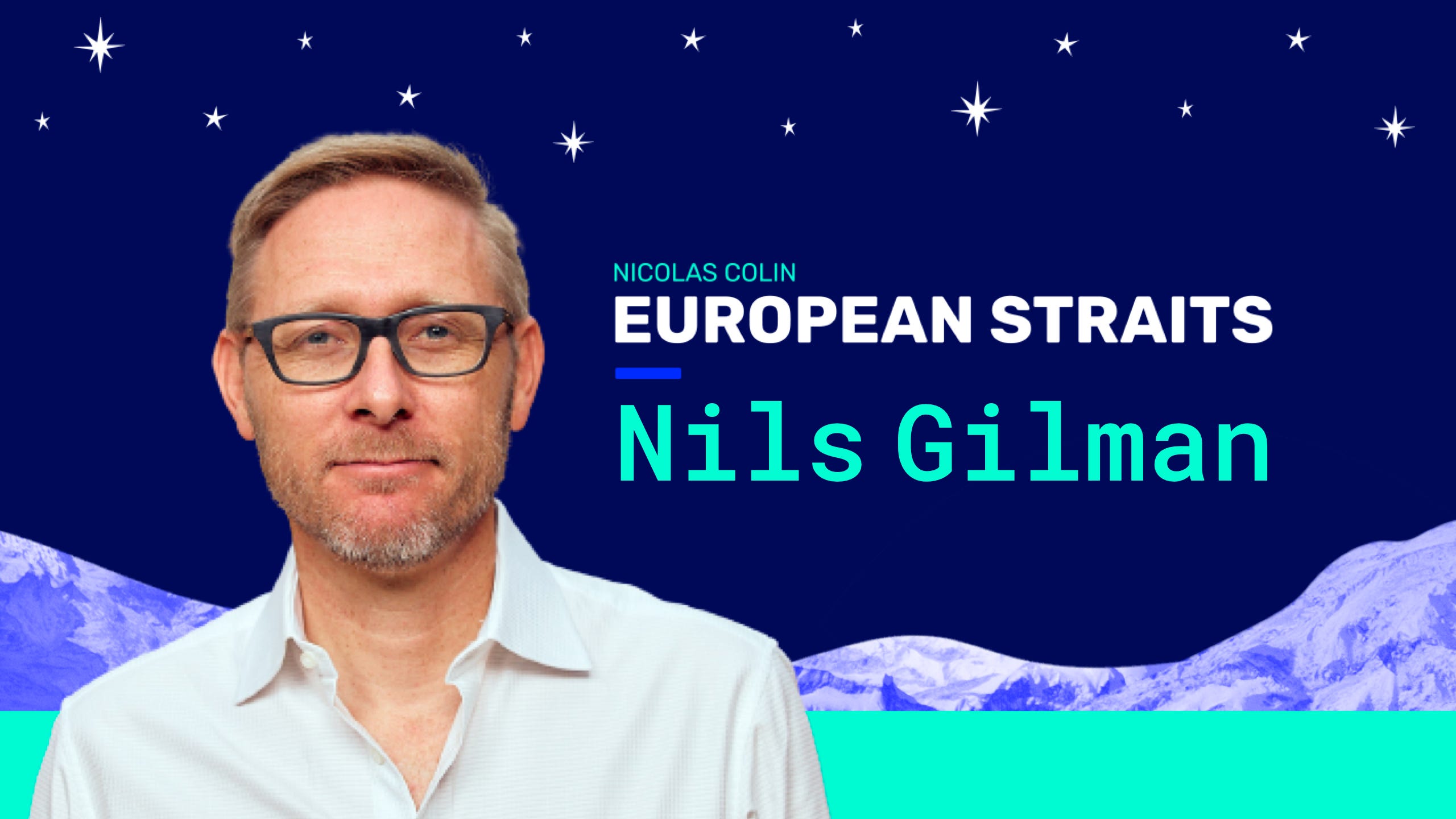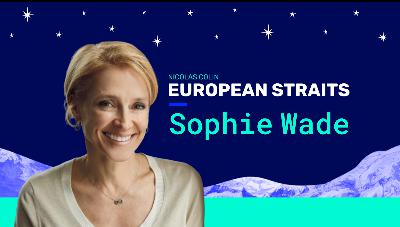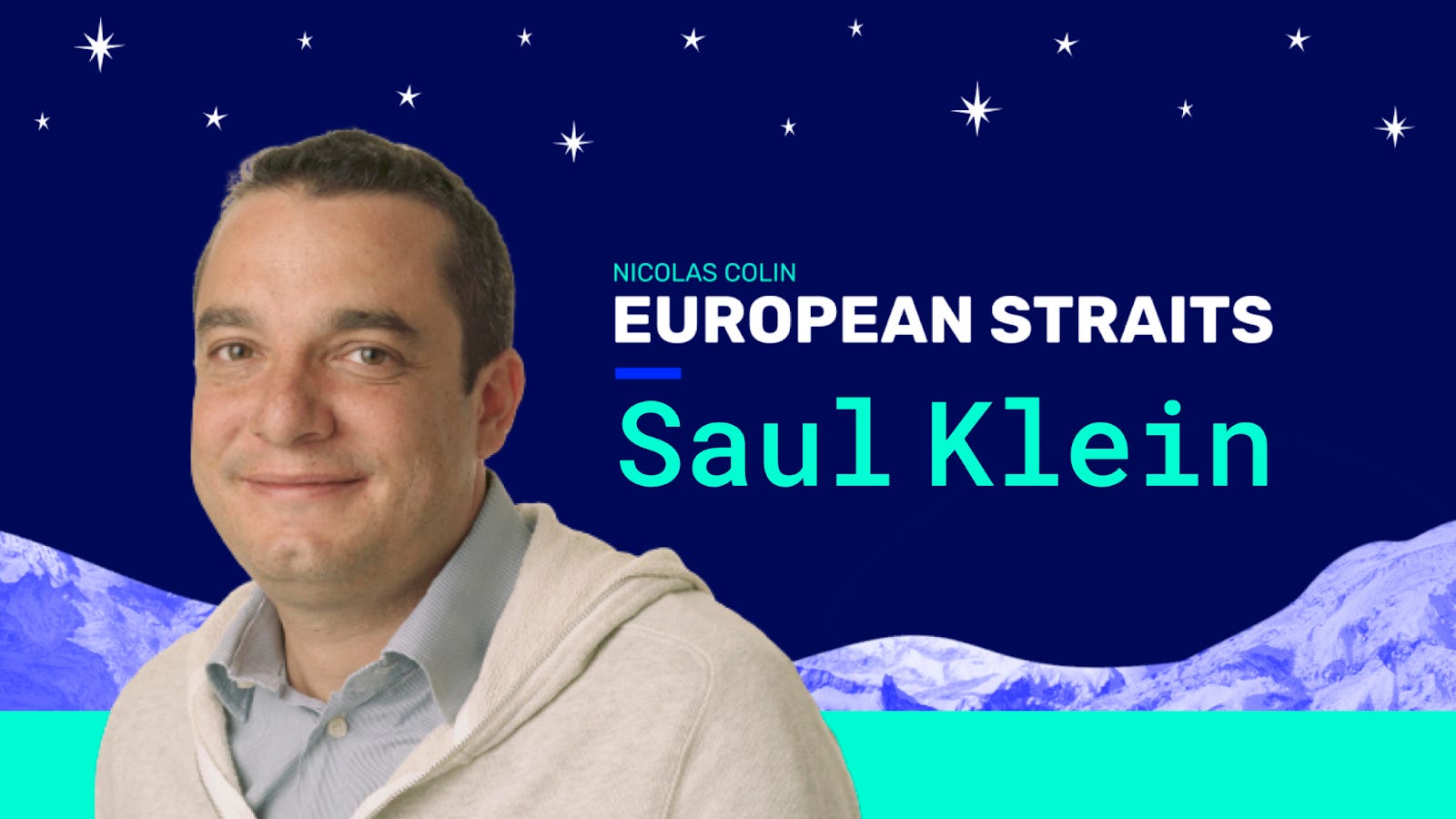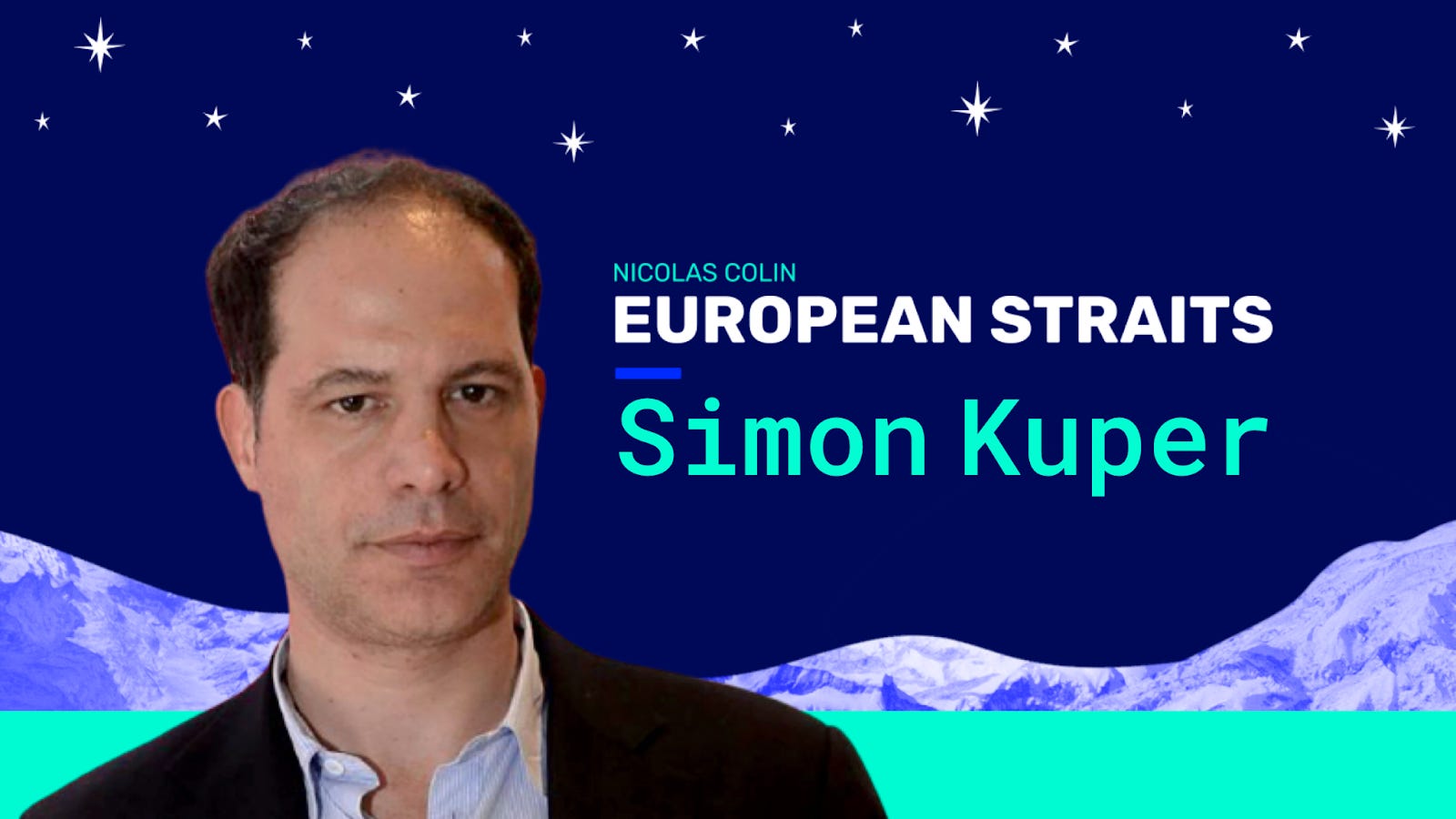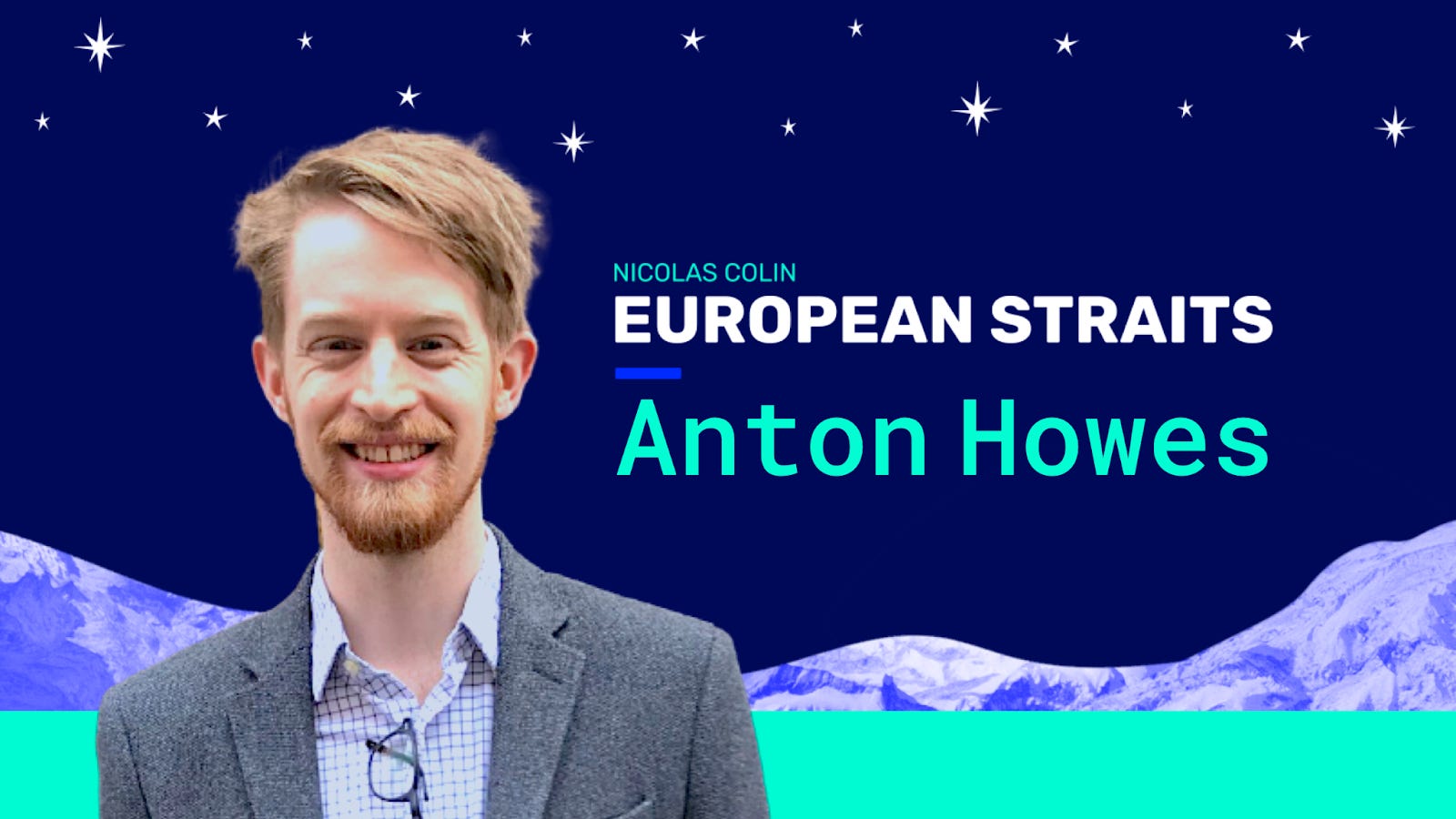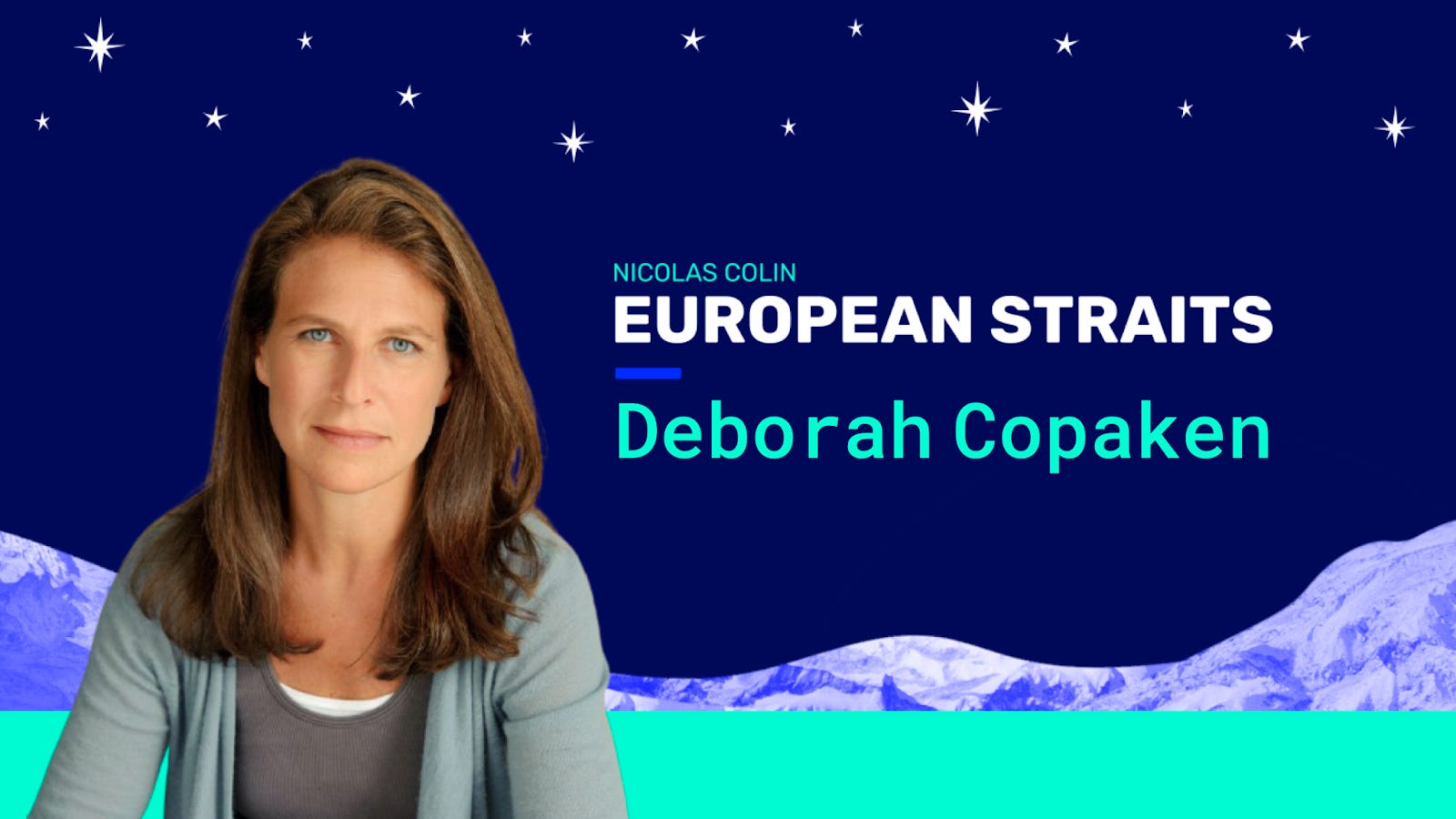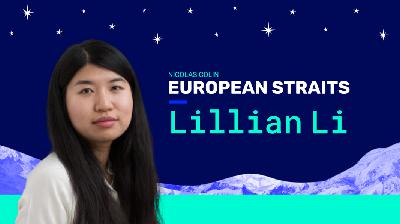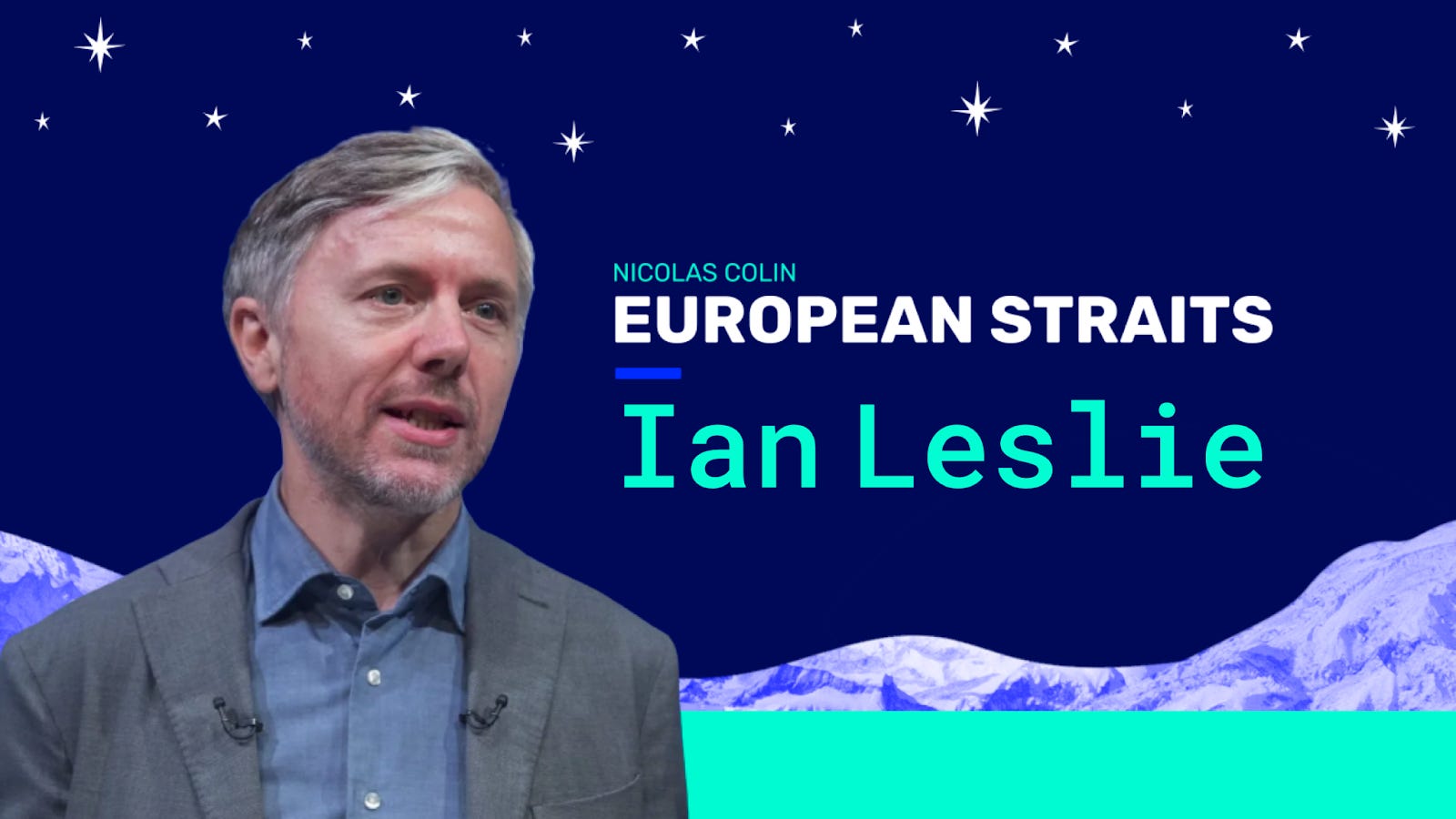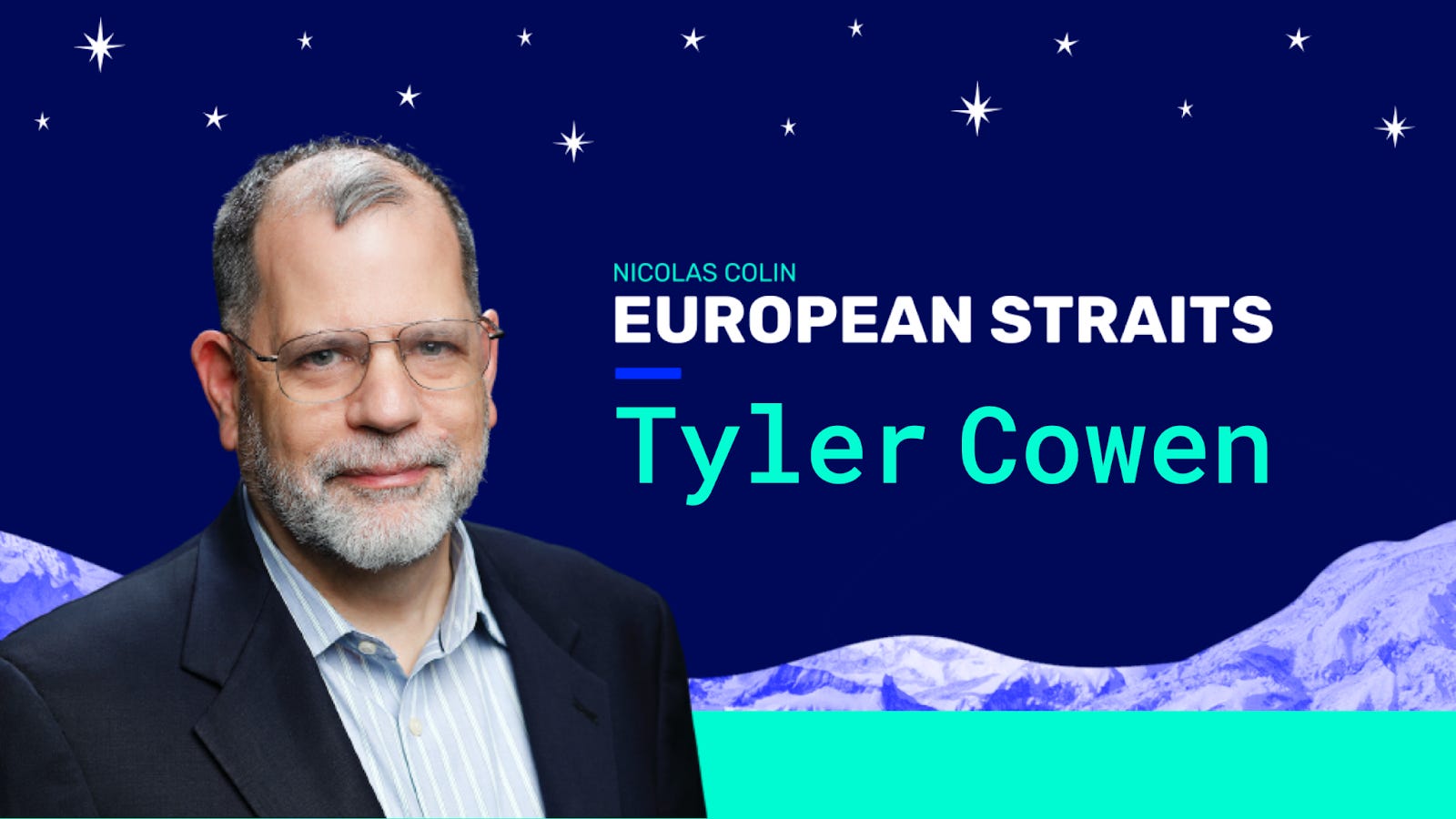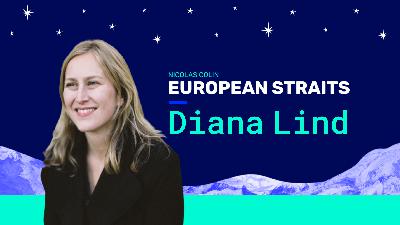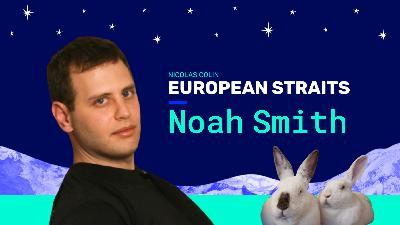Technology & Finance w/ Byrne Hobart. Universities. Yahoo. Tangible Stuff. The Media.
Description
The Agenda 👇
* I spoke with The Diff’s Byrne Hobart about basically everything 🎧
* My latest Sifted column is about university spinouts—and Europe lagging behind
* Yahoo is slowly disappearing from sight. I wrote a new episode in my ‘11 Notes’ series
* As software eats the world, founders have to tackle tangible stuff: a few ideas on the matter
* Do you think journalists depict tech as the bad guy? What if we have the context to blame?
Today’s episode of Building Bridges is my conversation with Byrne Hobart, a hedge fund alumnus and investor who now writes the popular newsletter The Diff.
I have Eugene Wei to thank for recommending Byrne Hobart’s newsletter The Diff early during the lockdown in 2020. Byrne was already on my radar somewhat, so I jumped on the occasion and immediately subscribed to the extraordinary, dense, 5-email a week product that is The Diff.
I’m still enjoying it almost one year later because it spans the many different topics I’m interested in, from finance to economic development to industry deep dives to country focuses—with a few powerful recurring ideas and all the depth & breadth we should be looking for in our everyday reading. Should I mention that Byrne’s has become one of the most popular paying newsletters on Substack?
Before you go and explore The Diff, however, listen to the podcast 🎧 My contribution is just a few short questions, with Byrne sharing his thoughts at length on the following topics:
* Why he moved from New York to Austin, Texas during the pandemic, and what it’s like to homeschool your kids like he and his wife have been doing for months.
* His professional journey, what led him to write a newsletter, and whether writing on a regular basis makes him a better investor.
* Why he thinks The Social Network by David Fincher is the most important movie of all time—regardless of accuracy.
* The difference between hedge fund managers and venture capitalists, and what the latter could learn from the former.
* Why America’s financial system makes the country so strong and resilient, including from a global perspective.
* Why there are many things in common between a country that’s developing and a company that’s growing—and what happens at the end of that process.
👉 Listen to my conversation with Byrne Hobart in the latest episode of the Building Bridges podcast using the player above 👆 or on Apple Podcasts or Spotify.
The spark for my Sifted column this week was an op-ed in the Financial Times by Airstreet Capital’s Nathan Benaich centered on the poor performance of European universities when it comes to spinning out successful startups. Nathan’s opinion dovetails with my own, which is that European universities create too many administrative frictions, slow entrepreneurs down rather than speeding them up, and generally have the wrong idea of how startups can benefit the university and its researchers. This is a mentality problem, but perhaps one that can be rectified with a bit of history and a desire to do better.
👉 Read my column here: Universities should serve startups, not the other way around.
😢 11 Notes on Yahoo
News came last week that what’s left of Yahoo is being sold to a private equity firm. Although it’s certainly not much of a household name anymore, Yahoo was one of the Internet’s early tech powerhouses, and there are many interesting aspects of its history that can illuminate both where we’ve been and where we’re headed. So many, indeed, that I dedicated this ‘11 Notes’ edition to the company.
For example, the different approaches taken by Yahoo and Google show the stakes in increasing quality in the face of increasing scale, as Yahoo’s emphasis on curation led to their being left behind at an exponential rate as the number of web pages exploded. Then there is Yahoo’s relationship with Asia, from an early expansion to a complicated situation in which its investment in Alibaba ended up being worth more than Yahoo itself (creating some awkwardness in terms of the company’s tax burden).
In the end, Yahoo may also become notable as being one of the last of those born in the dotcom era to disappear–with the others either long gone (Myspace, Netscape) or in no danger of leaving the stage anytime soon (Google, Facebook). Whether due to failures in leadership, missteps in international expansion, a missing connection with end users, or simply a large combination of factors, Yahoo’s presence over the past 30 years certainly merits reflection on its legacy in the Entrepreneurial Age.
👉 I went through it all in 11 Notes on Yahoo.
🛠 All About Stuff That’s Tangible
As software eats the world, it’s needing to digest industries that are more and more heavily marked by tangible goods. I was reminded of this recently as one of tech’s latest success stories, Peloton, was hit hard by the need to recall a large number of their connected treadmills. Peloton’s stumble shows how producing hardware impacts a company’s strategic positioning and its returns on invested capital.
My longtime readers know that one of the key elements guiding my thinking on this topic has been Amazon, as it bucked the trend of the early Internet era by going directly into the highly tangible, low-margin world of retail. Now, with online commerce having become firmly entrenched, much attention has been turned to manufacturing, where there is an entirely different equation to solve regarding building a business and making profits.
All in all, the need to confront the world of tangible things led me to my conviction that, as software eats the world, it’ll be needing help–digestive pills, if you will, to help it along. I believe that there are many opportunities for startups to grow in that field, and am excited to see how it will change the field of what many refer to as ‘deep tech’.
👉 Dig into the abundant food for thought in All About Stuff That’s Tangible.
🌬 The Media and the Context
For the past few years, there has been a growing sense (especially in the US) that tech has become the bad guy. But as a European, I’d sheepishly note that this seems to be one field in which our tech scene has the lead over the Americans: in Europe startups have long been characterized by many, including journalists, as threatening incumbents, destroying jobs, and not complying with regulations.
We at The Family have always had to work within this kind of antagonistic framework, whether directed at the startups in our portfolio or our firm itself. I myself ended up being sued for libel after saying the owner of the most powerful taxi company in Paris (G7) was a “gravedigger of innovation” (I did, however, win the case 😉).
Thus having a different perspective than many in the US, I believe a bit of startup wisdom can be applied here. Namely, we know that finding product/market fit is a key inflection point, because literally everything in the startup changes: what was true before is no longer true, and what was useless or even damaging before can become a very smart move. Many in the tech world need to grapple with the fact that startups, and the tech world in general, have passed that inflection point, and as such their relationship with the media must be reinvented.
👉 My Tuesday thread notes some other key changes in The Media and the Context.
Sounds interesting? Subscribe to European Straits and let me know what you think!
🔥 Next Tuesday, The Family is hosting the First-Time Entrepreneur Summit, as founders tell the real story of what happens when you take the leap and start building. The full program and free tickets are available right here.
👀 In my latest contribution to The Family’s daily newsletter, I suggest founders be cautious as they seek advice from sources across the Atlantic: Read the context.
🇫🇷 More podcasts with Laetitia on Nouveau Départ<

